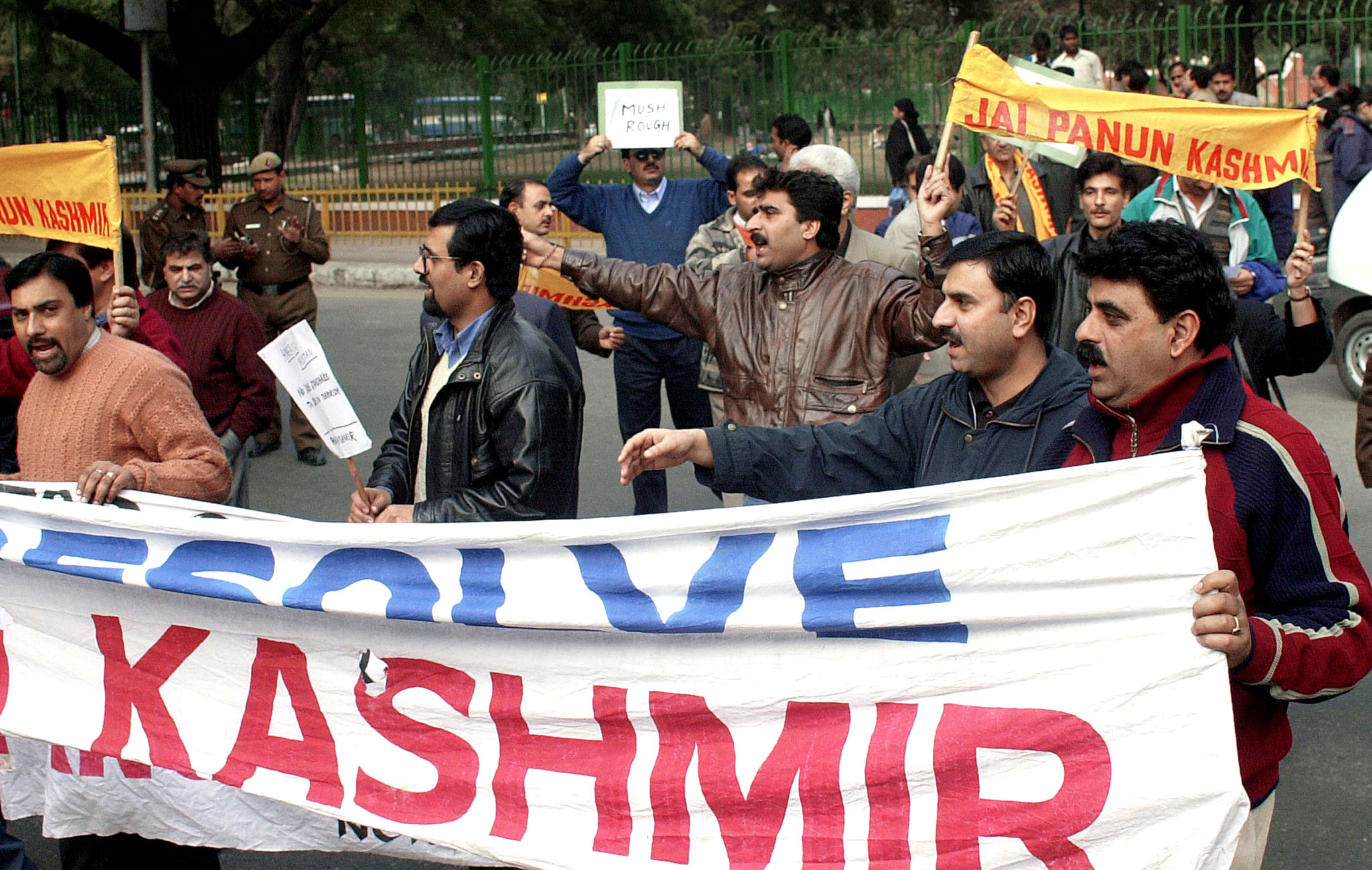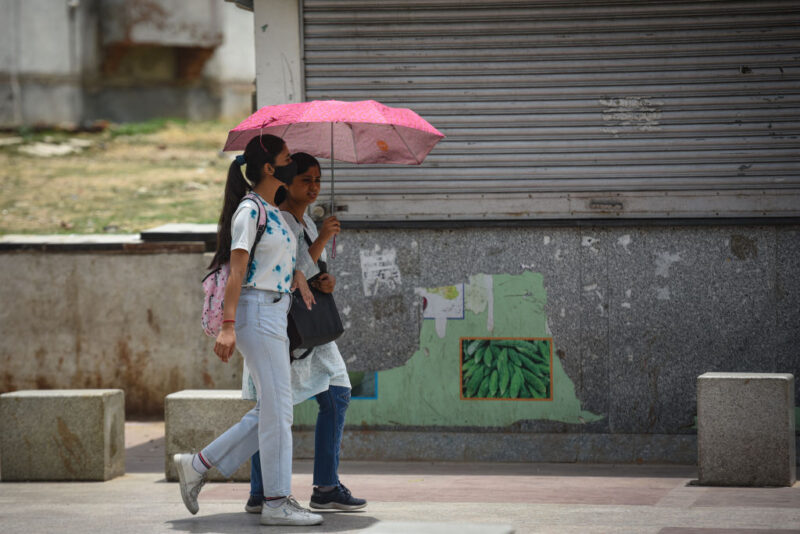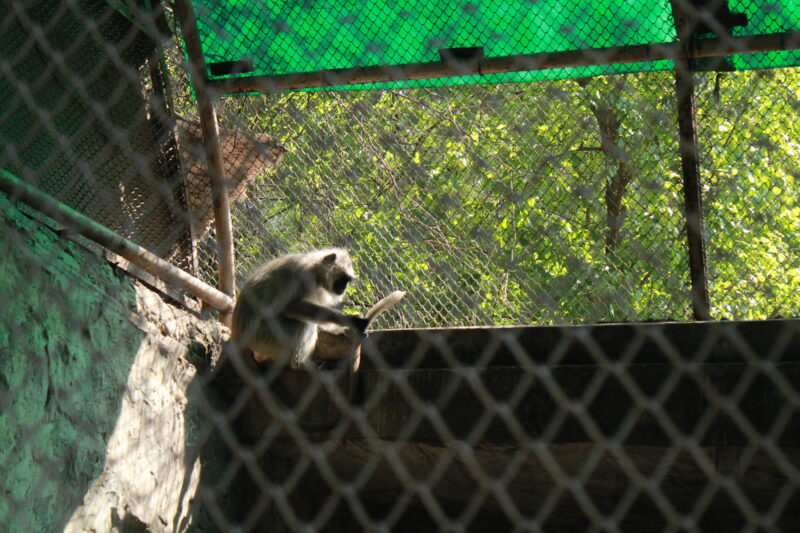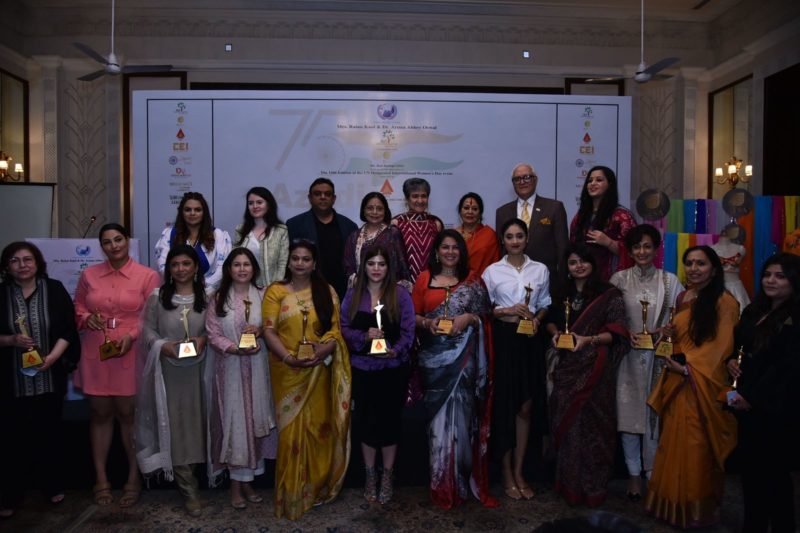When the news of a suicide bombing in Jammu and Kashmir’s Pulwama flashed on my mobile screen on February 14, I somehow knew what was impending. Not that it needed any special analysis, but my three years of experience in Delhi has instilled in me that understanding.
Right after the attack that killed at least 40 CRPF men, I decided not to venture out much. And that was a right decision. As a Kashmiri, I could see the hostility and anger growing around me. My Metro journeys to office were no longer the same in the aftermath of the attack.
I had to get off the Metro mid-way twice because of the stares I was getting from people discussing why Kashmiris shouldn’t be given space in Delhi. Following such incidents — and many other similar episodes — I decided not to go to office for a few days.
One evening, I had gone out to get some snacks, as I had confined myself indoors all day. The moment I went out, I saw a huge rally passing by, with slogans ‘Kashmiriyun ko baahar nikalo’ (Throw Kashmiris out). This rally was intimidating. I hid in an alley till the rally passed and the slogans died down. But the sense of fear would not go away.
During those days, it was safe to live with non-Kashmiri friends, find a refuge in their homes. And that is exactly what I decided. I shifted to my friend’s place and stayed there for three days, without stepping out even once. One of those evenings, I got a call from one of my non-Kashmiri friends who stayed close to my place. He advised me not to return home for a few days and stay indoors.
The reason, he said, was some right-wing goons had been on a hunt to find Kashmiris the previous night. He said many Kashmiris were asked to leave and even abused. At first, his words sounded exaggerated, but the next day I heard another shocking bit of news: A large crowd had gathered outside the house of a Kashmiri who lived two blocks away from my place. They tried to attack him and his family, but the timely intervention by police saved him.
This incident made me believe that the time had come to bid farewell to Delhi. Next, there were posters being circulated which asked people, in the name of national security, to identify, locate, beat, kill and chase away all Kashmiris.
Delhi may never be my home, but this place acts as a constant reminder of my identity, my political lineage and my existence. And during those days, it reminded me more that — I am a Kashmiri Muslim.
Qadri Inzamam is a Delhi-based journalist
As told to Shruti Das
‘Feeling like an outsider’
It’s been more than two decades since migration uprooted various Kashmiri Pandits to different cities. But one thing remains constant—being a Kashmiri. Well, I don’t want to present mine as a sob story—but yes there has been destruction at a mass level which only those belonging to the land can feel. So, coming back to where I started from. I have lived in Delhi all my life but as I was born in the paradise land, and am deeply rooted to my basics—there have been ample instances on a day-to-day basis which compelled me to question my identity.
Right from how I look to where I am from—there are innumerable questions which strangers, friends or acquaintances ask, the moment they get to hear about my birthplace. I have witnessed people judging Kashmiris on the basis of their ethnicity, colour or language.
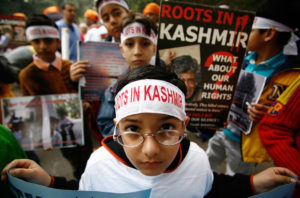
Whenever I visit heavily crowded markets in the city, I have shopkeepers randomly talking to me in English and increasing the price of an item, sometimes by double, thinking I am a foreigner. It used to be fun, bursting their bubble when I was in school, college but after a point, you feel like an ‘outsider’. Yes, you do.
From questions like, ‘Are you a foreigner?’, ‘Do you guys still go there?’ to ‘Don’t you want to stay in India?’ These and many more which I don’t even want to write, hinting at communal rivalries. I am sure every Kashmiri at some point in time must have been hounded by these questions.
The feeling of being an outsider creeps in the moment you say ‘Kashmir is my motherland’. But I do believe that what I have faced or what I face in terms of my being a Kashmiri Pandit is nothing in comparison to what several others have.
However, I feel the notion about Kashmiris can only change if efforts are put to know the land and its people better. Until that happens, it will always be an outsider’s account of living a life in his/her own country.
Rittika Handoo is a Delhi-based journalist
As told to Shruti Das n

